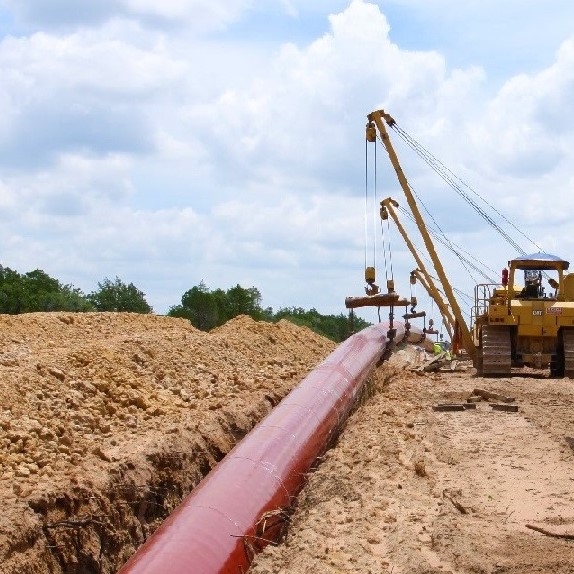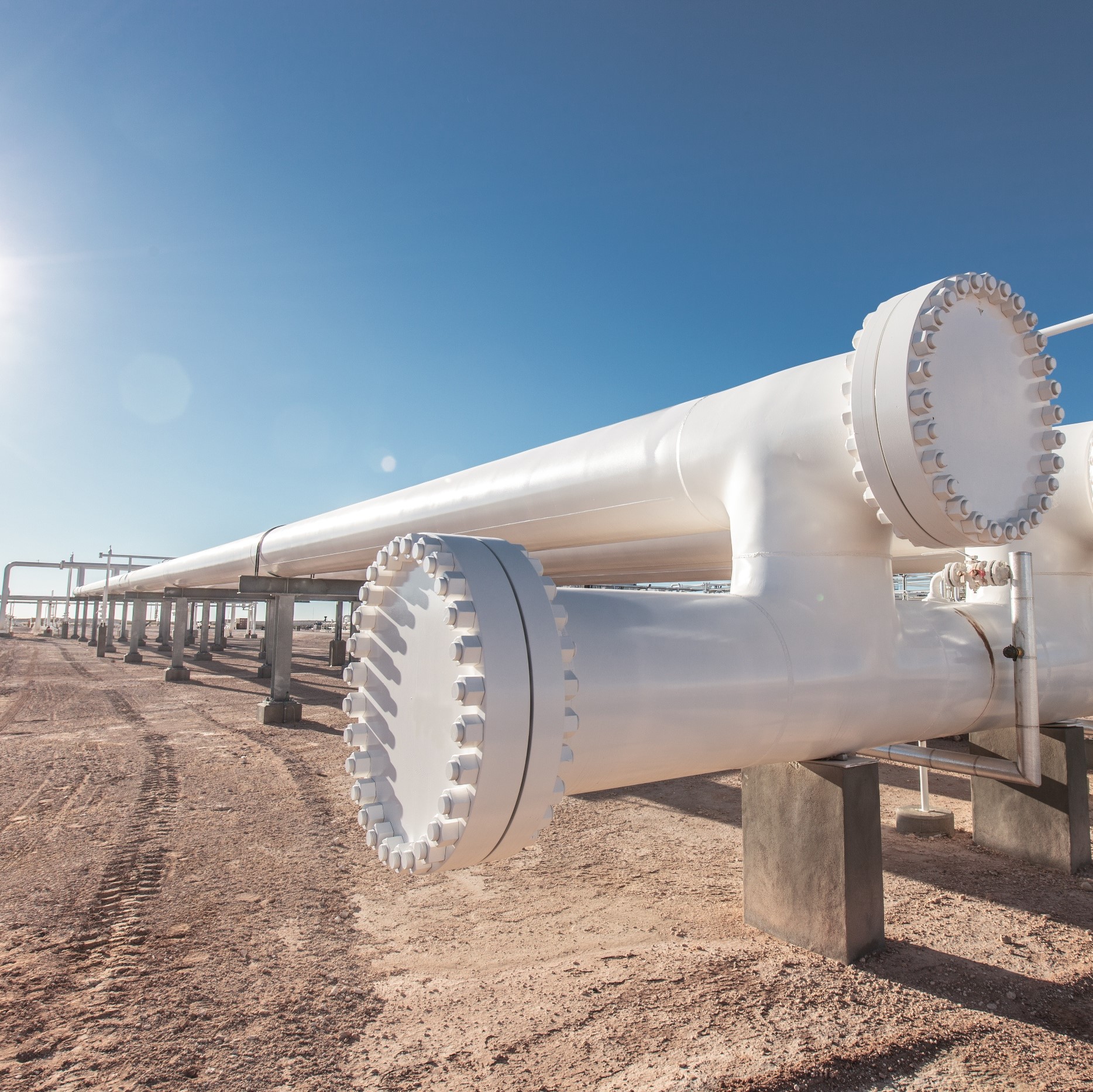
It is our priority to safely construct and operate the pipeline in ways that meet or exceed all state and federal safety and environmental regulations. For example, we non-destructively test 100% of the mainline girth welds by x-ray or ultrasound, while it is only required for 10% of welds to be tested. The pipeline will be tested with water at 1-1.5 times higher-than-normal pressure and regulation devices will be installed to prevent pressure from exceeding safe limits.

Our goal is to provide safe and reliable service to the communities we cross and to the customers we serve. Energy Transfer has a comprehensive pipeline integrity program which enables real-time monitoring of our assets 24 hours a day, 7 days a week, 365 days a year. This includes a supervisory control and data acquisition computer system, in-line inspection tools, aerial patrol, ground patrol, and remotely actuated valves, to name a few.

Pipelines are the most environmentally friendly, efficient and reliable mode of transporting energy products. Studies by the U.S. Department of Transportation show that pipelines surpass both rail and truck in overall safety. From fueling our vehicles and heating our homes, to providing the raw materials that make thousands of items we use every day, pipelines connect us to the energy we rely on.
Hiring Heroes – Our Commitment to a Veteran Workforce
Our commitment to supporting veterans is core to our Partnership. Nowhere is this better illustrated than through Hiring Heroes, our veteran employment initiative that is part of our ongoing effort to ensure a skilled, reliable workforce. Hiring Heroes prioritizes the pre-qualification of pipeline inspection and survey companies for our construction projects that actively recruit and train individuals transitioning from active-duty military service into civilian careers. Veterans bring invaluable strengths to the oil and gas industry, including discipline, attention to detail, timeliness, and a strong work ethic—qualities that align closely with the demands of building large infrastructure projects. Through this program, we work with our vendors to ensure a targeted, minimum staffing level on construction projects, providing stability and opportunity for transitioning service members. We are proudly starting this journey with inspection services on the Hugh Brinson Pipeline Project, and we look forward to expanding it to include additional roles as training pathways continue to develop.
REGULATORY
Construction and operation of the Hugh Brinson Pipeline is regulated the Railroad Commission (RRC) of Texas with delegated authority by the U.S. Department of Transportation’s Pipeline and Hazardous Materials Safety Administration (PHMSA). The RRC’s Pipeline Safety Department is responsible for ensuring that pipelines are designed, constructed, operated, and maintained safely—complying with both state and federal laws and regulations.
Energy Transfer has filed permits with, provided information to, or engaged in required consultations with the U.S. Army Corps of Engineers, the U.S. Fish and Wildlife Service, the U.S. Department of Energy, the Texas Parks and Wildlife Department, the Texas Historical Commission, and numerous state entities.
When completed, the pipelines will be governed by federal environmental laws including the Clean Water Act, the Clean Air Act, the Rivers and Harbor Act, the Endangered Species Act and the Historic Preservation Act.
REGULATORY AUTHORITIES
The Blue Marlin Offshore Port will be regulated by several federal and state agencies including:
Louisiana Office of State Lands
U.S. Department of Transportation
U.S. Maritime Administration (MARAD)
U.S. Environmental Protection Agency (EPA)
U.S. Fish and Wildlife Service
U.S. Coast Guard (USCG)
U.S. Army Corps of Engineers (USACE)
Pipeline and Hazardous Materials Safety Administration (PHMSA)
Bureau of Ocean Energy Management
National Marine Fisheries Service
Texas General Land Office
Railroad Commission of Texas
Louisiana Department of Natural Resources